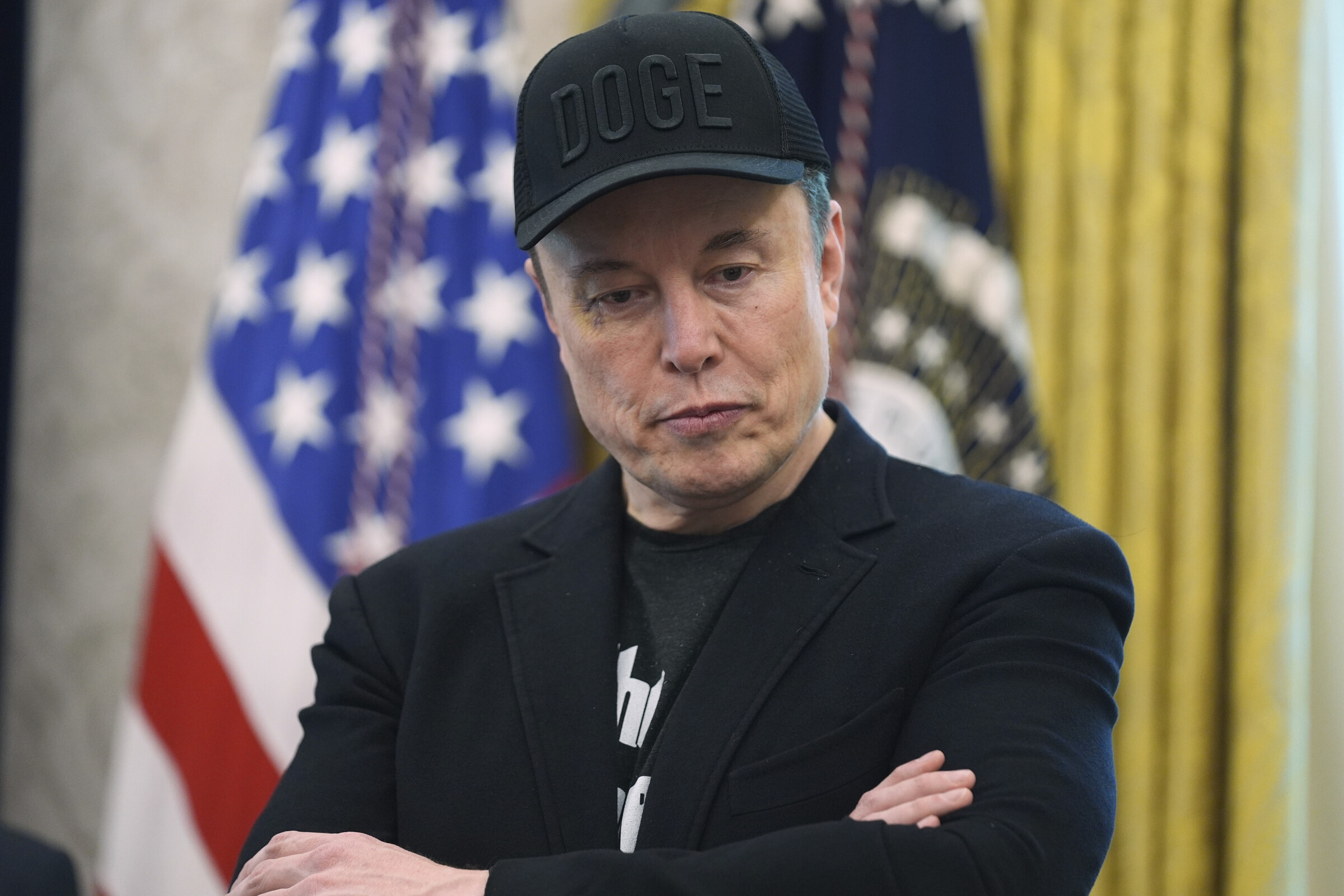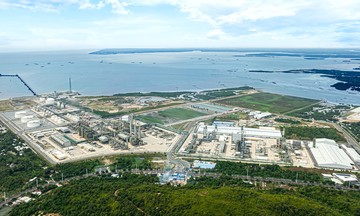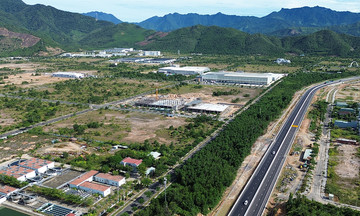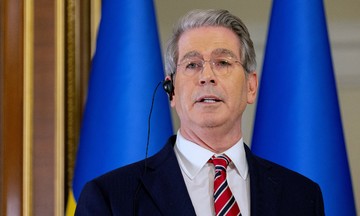Tesla is scheduled to announce its earnings on 23/7. Investors are concerned about the company's revenue from carbon credits, a key source of profit for Elon Musk's electric vehicle company in the first three months of the year.
Previously, the public disagreements between Tesla CEO Elon Musk and former President Donald Trump, along with the elimination of the USD 7,500 tax credit for electric vehicle buyers, overshadowed investor concern regarding the Corporate Average Fuel Economy (CAFE) standards. This policy is crucial for Tesla under the Omnibus Budget Bill of 2025, also known as the "OBBBA".
Tesla's credit revenue was already projected to decline as more companies invest in electric vehicles. The question of how long Tesla can continue selling credits is now more pressing than ever. In Quarter 1, Tesla earned USD 595 million from credit sales, 1.5 times its operating income from vehicle sales.
Analysts at William Blair estimate that about 75% of Tesla's credit revenue comes from CAFE standards. Just days after the new law took effect, they estimated Tesla's 2025 credit revenue will decrease by almost 40% compared to last year, down to USD 1.5 billion. This figure is projected to drop sharply to USD 595 million next year, before disappearing from financial reports by 2027.
"The removal of CAFE penalties requires analysts to reset expectations," William Blair analysts stated in their July report.
 |
Elon Musk at the Oval Office in the White House on 30/5. Photo: AP |
Elon Musk at the Oval Office in the White House on 30/5. Photo: AP
Tesla has not commented on the change in credit sales. Analyst Gordon Johnson, one of Tesla's harshest critics on Wall Street, says this credit income is the reason Tesla exists today.
CAFE standards were first enacted in 1975. The Department of Transportation was tasked with setting average fuel economy standards for manufacturers in response to the gas crisis at that time. Automakers whose average fuel consumption exceeded the limits were penalized.
Between 2011 and 2020, auto manufacturers paid over USD 1.1 billion for non-compliance with CAFE. To avoid these penalties, many automakers bought carbon credits from more fuel-efficient companies, creating a significant revenue stream for electric vehicle manufacturers.
A carbon credit is a tradable permit or certificate, representing the right to emit one ton of CO2 or another greenhouse gas.
However, the OBBBA, passed earlier this month, eliminated these penalties and removed the up to USD 7,500 tax credit for electric vehicle buyers. This is a double blow to companies like Tesla, which has earned USD 10.6 billion from selling credits since 2019, according to CNN.
Batt Odgerel, Director of the Energy Policy Research organization, says Congress and the US government are making gasoline-powered cars more competitive while diminishing the position of electric vehicles. He adds that there is a risk of Tesla losing market share as well as revenue from carbon credits. Meanwhile, another carbon credit source from California's zero-emission vehicle program is facing political and legal challenges.
Over the past 4 years, these credits have generated billions of USD for the American electric car company. However, Tesla's profit margins have been declining since peaking in early 2022, making credit sales revenue more important to its balance sheet. The elimination of the credits could be disastrous for Tesla's financial future, potentially leading to sustained losses.
The loss of credit revenue is one of several issues at Tesla. The company has faced increasing competition in the electric vehicle market and backlash from some buyers over CEO Elon Musk's political activities.
Bao Bao (Reuters, CNN)












